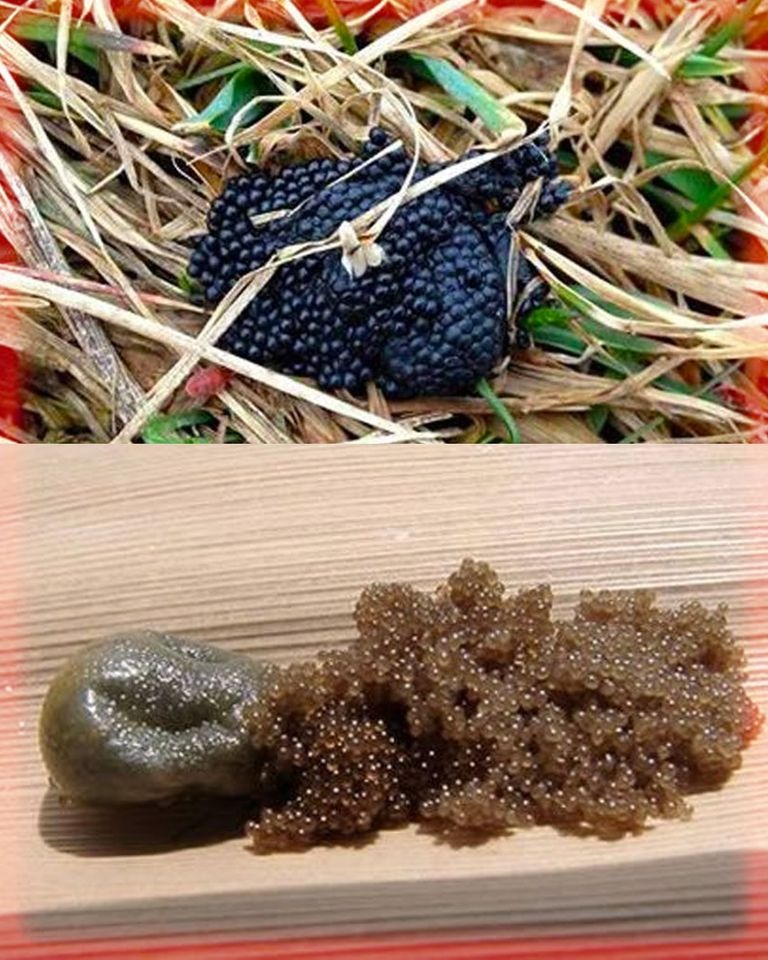Be very concerned if you find tick eggs in your property. In addition to being known to spread disease, ticks can cause problems when an infestation begins with the laid eggs in protected outdoor spaces. In order to successfully recognize, handle, and prevent tick eggs, this thorough guide is designed to give you the required knowledge and methods.
Tick Egg Recognition
Eggs laid by ticks are very little, roughly half the diameter of a poppy seed (0.5 mm). Depending on the kind of tick, its form can range from oval to pear, and they can be transparent or somewhat white in color. It is common for ticks to deposit their eggs in clusters on nearby surfaces, such as plants, leaf litter, or the ground. They could turn a shade closer to the adult tick’s as they develop into a more opaque stage of development. The eggs can be any shade of pale yellow to light brown, and they usually have a glossy, smooth appearance.
Risks Associated with Tick Eggs
The main worry with tick eggs is that they can develop into larvae that can spread illnesses such as Rocky Mountain Spotted Fever and Lyme disease. To stop the transmission of these illnesses, it’s important to be careful while handling tick eggs.
Elimination of Ticks and Their Eggs
For accurate identification and advice on tick treatment and removal, it’s best to seek the advice of a veterinarian or professional pest control specialist when dealing with tick eggs in your garden. Ticks that have connected to skin can be removed by firmly grabbing them at their mouth or head with fine-tipped tweezers and gently pulling them away from the skin without jerking or twisting. Put the tick in alcohol, a sealed bag, or flush it down the toilet after removal.
Safety Steps You Can Take Right At Home
Cut Down on Plants That Attract Deer: If you want to stop the spread of Lyme disease via ticks, you should cut down plants that attract deer, such as azaleas, hostas, and tulips.
Plants that Deter Ticks: If you want to keep ticks at bay, plant some mint or rosemary and some chrysanthemums.
Continued on next page (page 2)
ADVERTISEMENT

